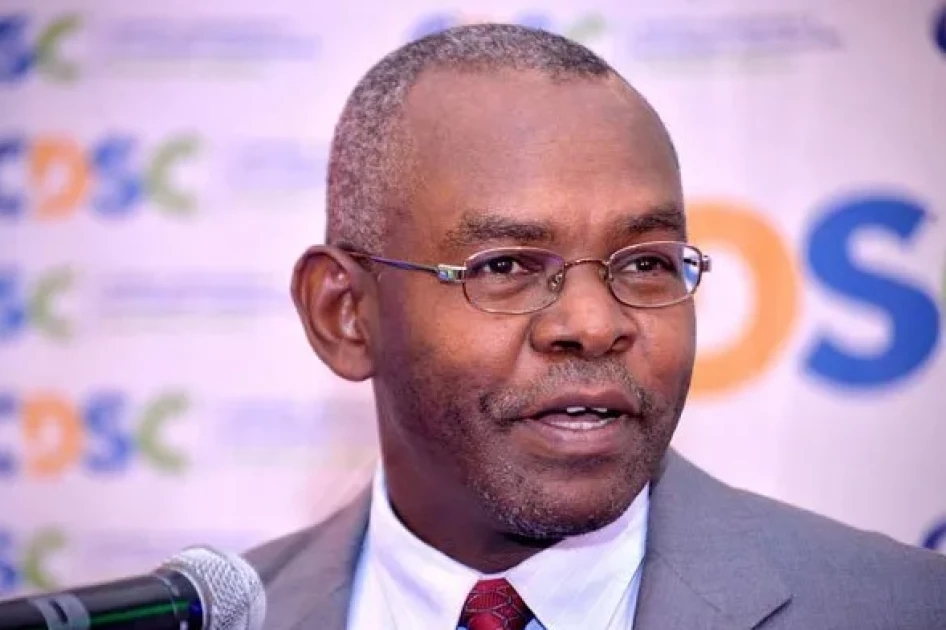In recent years, a significant number of African countries have adopted punitive tax policies to boost domestic revenue.
These measures, characterised by high tax rates and aggressive enforcement strategies, aim to fill budget gaps, and reduce dependency on foreign aid.
While the intention behind these policies is to increase government revenues, the impact on economic growth and business environments can be complex and sometimes detrimental.
Punitive tax regimes typically involve high taxes on profits, extensive penalties for non-compliance, and frequent audits.
These measures are designed to deter tax evasion and ensure that businesses and individuals contribute their fair share to public finances.
However, when tax rates become excessively high, they can discourage investment, both domestic and foreign.
Businesses facing high tax burdens may opt to underreport earnings, cut back on investment, or move operations to more tax-friendly environments.
This can stifle economic growth and reduce overall tax revenues in the long term. Moreover, heavy-handed tax enforcement can create a hostile business climate.
Frequent audits and aggressive collection methods can strain relationships between tax authorities and taxpayers, leading to a lack of trust and cooperation.
In some cases, this can drive businesses further into the informal sector, exacerbating the very problem punitive taxes aim to solve.
Despite these challenges, some African countries have managed to implement successful tax reforms that balance revenue generation with economic growth.
Burkina Faso stands out as a notable example. In recent years, Burkina Faso has embarked on a series of tax reforms aimed at improving its tax system's efficiency and fairness, thereby enhancing revenue mobilisation without stifling economic growth.
One of the key successes in Burkina Faso's tax regime reform was the implementation of the Tax Policy Reform and Modernisation Programme, supported by international partners such as the International Monetary Fund (IMF) and the World Bank.
This programme focused on reducing the number of taxes and simplifying compliance procedures, broadening the tax base to bring more businesses and individuals into the tax net equitably, enhancing tax administration and fostering transparency and accountability.
The results of these reforms have been encouraging with Burkina Faso’s significant increase in its tax-to-GDP ratio.
While punitive tax economies are on the rise in Africa, often with mixed results, the success story of Burkina Faso demonstrates that balanced and well-implemented tax reforms can achieve the desired revenue increases without stifling economic growth.
Other African nations can draw valuable lessons from Burkina Faso's experience as they strive to enhance their tax regimes and foster sustainable economic development.
The writer is the CEO, Kenya National Chamber of Commerce and Industry.

















